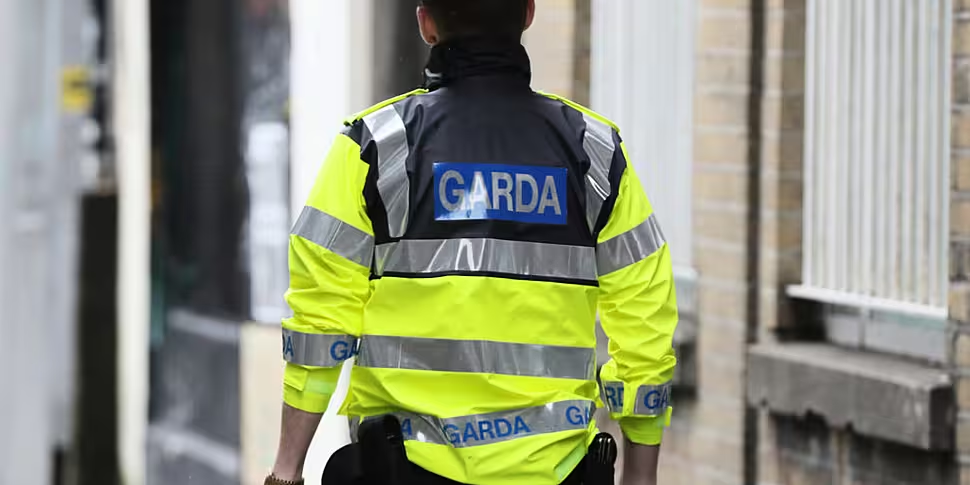The speculation around new powers for gardaí is confusing for both the public and gardaí themselves, the organisation representing rank and file members of the force has warned.
The Government is to publish new legislation today, aimed at giving gardaí new powers to crack down on pubs and restaurants that are not complying with public health guidelines.
Last week, the Government considered a proposal to make organising or attending a house party of more than six people a criminal offence - however, they ultimately decided against it.
The Garda Representative Association (GRA) says communication from Government about the new measures hasn't been straightforward enough.
GRA President Jim Mulligan told Newstalk Breakfast said we've now had over a week of speculation about the new powers, before the legislation itself is published and debated in the Dáil.
He said: "We have speculation around powers that are coming out - it causes our members confusion, and it causes the public confusion.
"This thing of speculating a week or two weeks before the Dáil sits and advances legislation... it's leading to confusion between our members and the public.
"One of things that has come to the fore is that NPHET gives this medical advice to Government, [and then] it seems it's not a straightforward communication strategy from there on. We'd like to see that being more consistent."
'Huge cooperation'
Mr Mulligan stressed there has been "huge cooperation" from the public since the beginning of the pandemic, and it's vital the messaging keeps people together in the response to COVID-19.
He said: "We police by consent in this country - we're one of the few unarmed forces in the world.
"Even from the start of this, the message from the organisation itself was to engage, explain and encourage, with enforcement as the last option.
"The public have been very cooperative - we haven't had incidents like we've seen in other countries, where there's been clashes with police.
"That's down to the relationship between us and the public built up over many years - it works in Ireland, and our members want to see it continue to work that way."









